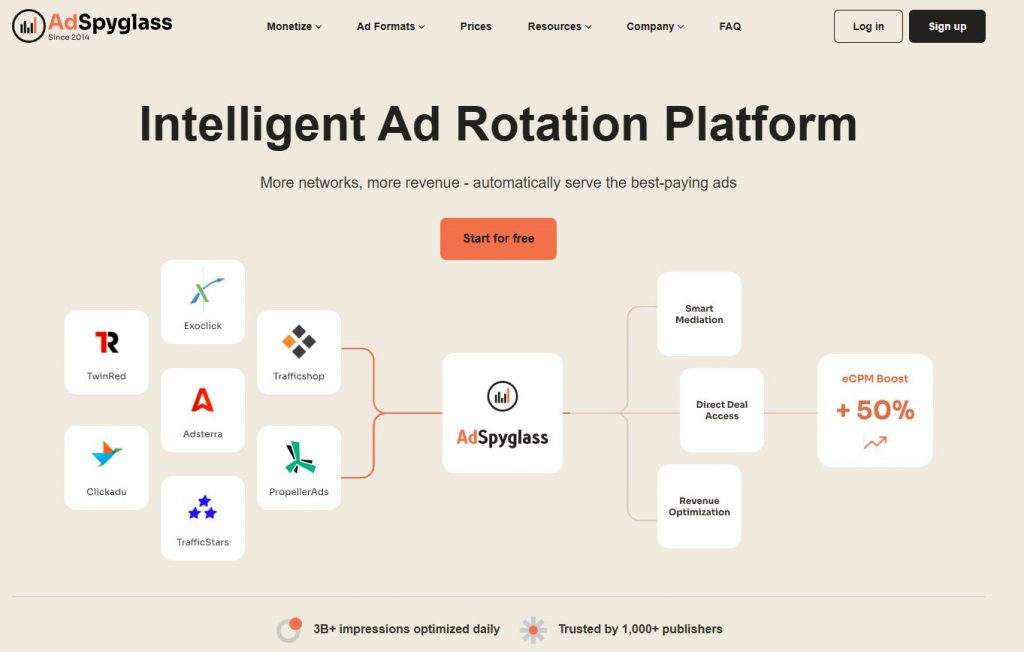Pop-Under is an ad format, usually presented in the form of a pop-up banner, it automatically appears when you open sites. However, unlike the traditional pop up banners, after you’ve clicked on the “close” button, the advertising page opens in a new browser window.
One of the main benefits of using pop-under ads is that the user is guaranteed to come to the ad owner’s site. Additionally, compared to the static banners and pop up ads, such format can’t interrupt the site’s design and can easily fit into any of them. The pop-under ads are more cost-efficient, as the ad owners usually use the pay per impression (PPI) format, which basically implies the pay per click system: each visitor certainly goes through the ad site called by pop under.
Another good thing about pop under is that it generates better traffic for the ad site, and is able to attract larger audiences. Furthermore, it’s shown once a day for every unique visitor, so you don’t need to worry about the low ROI.
To launch your marketing campaign using pop under you should follow the next steps:
- pick up the ad network or traffic source that enables pop under ads usage
- adjust the parameters to target a specific audience
- create a pop up banner
Apache
Apache is the most popular open-source, cross-platform web server that exists. Apache Software Foundation maintains the web server, which many major companies like IBM, Cisco, General Electric, Xerox, LinkedIn, Hewlett-Packard, Facebook, and many more use.
Besides being popular, Apache is also one of the oldest web servers. It was first released in 1995 and remains to this day, with many cPanel hosts using it. Apache functions similarly to other web servers and powers the unseen aspects of serving visitors to your website’s files.
Explaining How Apache Works
A web server’s functions are complex, but its basic job is accepting requests from clients (web browser visitors) and sending the response to that request (for example, the parts of a page a web browser visitor wants to see).
Apache webserver has modules that give its software additional functions. Some of these modules include:
- mod_ssl, which enables SSL v3 and TLS support
- MPM, which handles multi-processing models
Other common features in Apache include:
- WebDAV
- Load balancing
- URL rewriting
- Session tracking
- Geolocation based on IP address
- .htaccess
- IPv6
- FTP
- HTTP/2
- Perl, Lua, and PHP
- Bandwidth throttling
